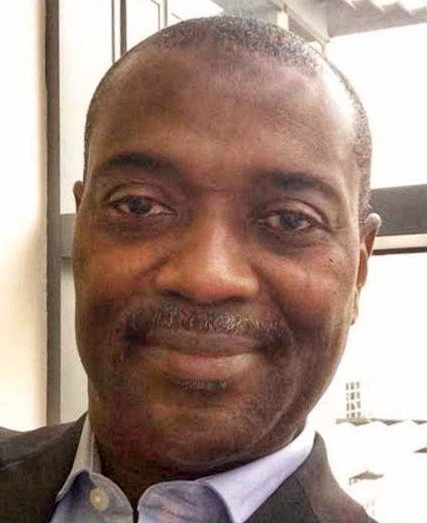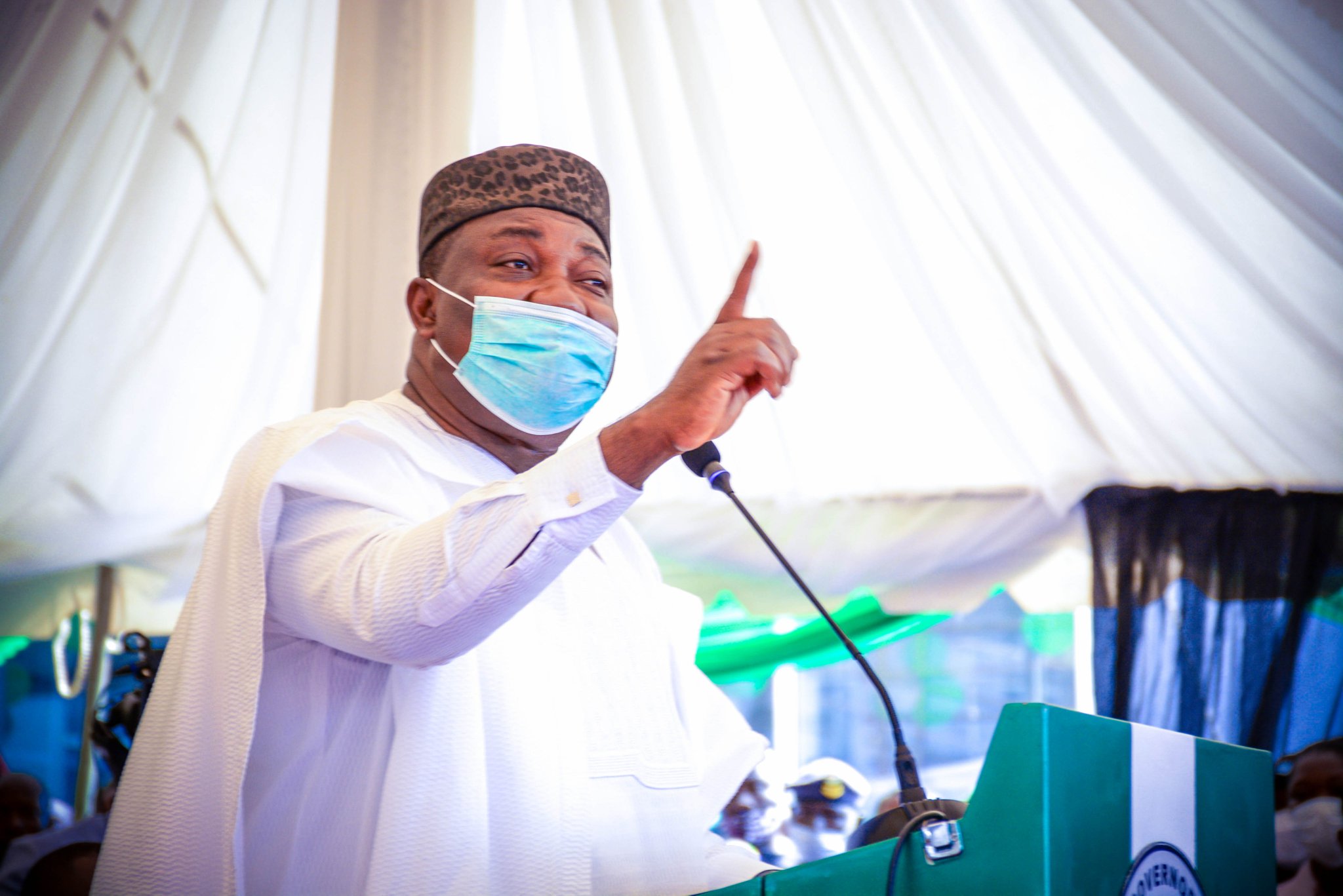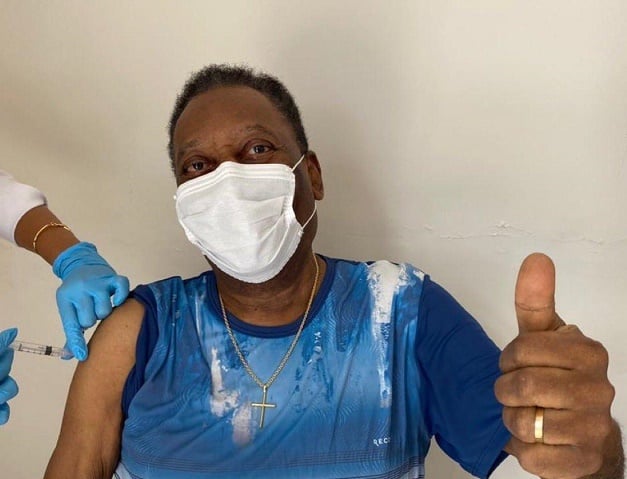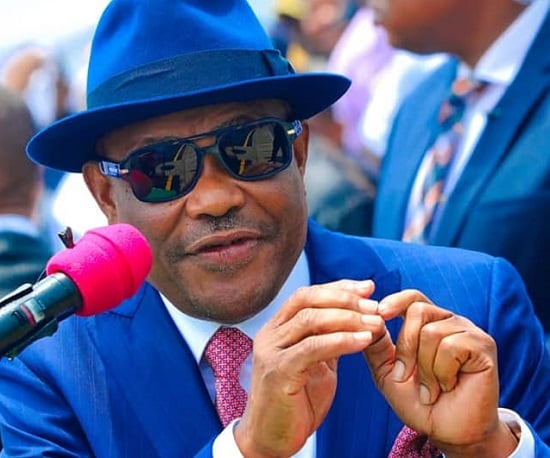We are in that political season in Nigeria. It is a time when tempers rise, patience drops, enemies are made, money is made (and lost), frustrations are freely shared, tensions rise, lies fly, everything goes, and life is complicated. In today‘s terminology, it is the most popular season for and interest in “Japa“.
So much anxiety and apprehension are nurtured an inexperienced onlooker would think there would be no more Nigeria following the elections. But we have been here before. Even this season of fear shall pass. Then, it would all be well and calm again. Nigerians are incredibly passionate people. Even when they discuss common interests on which they agree, they do it with so much passion that it is difficult for a typical White British, for instance, to agree that all is well. It is who we are.
So much argument has been made about the value of education in governance. When Nigerians start this argument,watch out for the veins around their necks, it becomes enormous. It typically goes like this: once this educated person is in charge, all will be well because education is everything. I often wonder if any of our previous leaders wereeducated. I have even tried to compare education and performance at federal and state levels since independence.Unfortunately, I was unable to pin down any empirical association. I stand corrected and open to definitive evidence.
University education is vital to becoming President or Prime Minister in most western societies, but it is not a requirement. Education is not necessarily formal or from a noted institution. Informal education could also be helpful. In fact, education is neither a stated requirement nor what citizens consider. Citizens look at the candidates, their programmes and promise and what they and their political parties can do for the country.
Advertisement
Eight (8) former British Prime Ministers do not have a university education. Three of these eight did not even attend primary or secondary schools. These were claimed to have been home–schooled. University education seems more important in the USA, yet twelve (12) former US Presidents did not attend university. Some even dropped out. In the USA and the UK, only one former PM and one former President have had a PhD to date. In the USA, only President Woodrow Wilson (1913-1921) had a PhD and, very recently, only PM Gordon Brown in the UK. Nigeria also boasts of one in Goodluck Jonathan. These fancy qualifications do not make leaders or produce successful leadership.
In the world‘s largest democracy, India, there is no prescribed educational qualification to be Prime Minister. Education could be informal. Today‘s world and economy are technology–driven, and far too many Indians are comfortable using technology with little of today‘s western education. For example, many parts of India use electronic voting. Conversely, many Nigerian executives still rely significantly on secretaries and personal assistants to do most of the written component of their work. Of course, they use their mobile phones well, but many may struggle to produce a 5-page type–written document properly formatted, albeit they have the best education money can buy. This would be more common among executives educated in Nigeria but also with their western–educated counterparts who have imbibed the Nigerian laziness of delegating everything as an acclaimed excellent leadership. But I digress.
In Nigeria, there is a high correlation between education on the one hand and corruption, ineffectiveness, and ineptitudeon the other. The more educated Nigerians are, the more arrogant they are and the more likely they will be rubbish at delivering performance at governance. Okay, I exaggerate for effect but have a careful look at government programmes, the education of who has been in charge and successiveadministrations since 1960.
Advertisement
One of our most successful governors, whose legacy of credible public service stands tall, is Lateef Jakande (Lagos State governor 1979-1983). He attended public secondary schools and no more. He later trained as a journalist. We have had all sorts of highly educated people and professionals as governors. Roll out their achievements. I am not arguing that our educated leaders have failed. Instead, I am demonstrating you will find as much success as there are failures and that there is no evidence that education is the deciding factor for success.
Perhaps, there is a problem with self-esteem, and one clever way to remove/reduce competition is what makes some educated people argue that you must be educated before becoming a leader. If we are all sure of ourselves, the value of our education and confident of our competence, then we would allow democracy to thrive. Democracy means the people will choose. So why don‘t we let people say yes or no to the person they prefer? Whether the candidate is educated or not. What are we afraid of?
How much university education does Bill Gates have? I believe he has successfully managed billions of dollars and grown sustainable businesses. Similar names like his with similar success stories abound globally. Conversely, manybanks and big firms managed out of existence in Nigeria have been managed by university graduates. Many other graduates are struggling to manage small businesses. A visit to Oke-Arin, Ebute-Ero, Ojuwoye, and Alaba markets, all in Lagos; Main Market Onitsha; Sabon Gari market in Kano; or Bodijamarket in Ibadan will reveal thousands of Nigerians worth several million managing thriving businesses successfully. These are primarily people with little education.
When a person of little formal education wins an election into office, they benefit from appointing educated hands into several positions to enable them to run a successful government in areas requiring specialist skills. They evaluate recommendations offered to them more carefully and, based on projected outcomes, make the critical decision a leaderneeds. They end up successful. This is the ultimate determinant of successful leadership.
Advertisement
Let me use three examples of Nigerians who have been at the centre of public bullying based on their perceived education or lack thereof. First, President Buhari has been on the receiving end regarding his secondary education. He has been a previous Head of State. He was Army General and reportedly attended an American military training (college) where those who attend today are reported to have received the equivalent of a Masters degree. This reclassification was shortly after he completed at the school. I believe he received several other military training during his over two decades in the military. Second, Bola Tinubu is also in the eye of the storm for neither attending a primary nor a secondary school. To many, his Chicago State University education is doubtful. Even if he did attend, it does not replace his missing primary and secondary education. It does not count that he has worked in global firms near the very top of his acclaimed profession. Lastly, the amiable (dancing – bless him) newest governor in Nigeria, Ademola Adeleke, has received his fair share of lack of education. The man shared his university graduation ceremony on social media for all those who care to see it recently. He graduated in criminal justice at the Atlanta Metropolitan State College, USA.
The Nigerian constitution requires these three gentlemen to hold the equivalent of secondary education to qualify for office. Yet, many Nigerians stand up and look you straight in the face arguing that the three of them do not have the equivalent education of a NECO/WAEC school leaving certificate. They contend that the young NECO school leaver on their street is better educated than the three. All their years in office count for nothing because they have all lied and were not in school when they should have been or did not provide what their classmates did.
This scenario is confusing for some of us who are more interested in good governance and the ability to show a good programme that would be delivered for Nigeria and the benefit of Nigerians. The distraction of arguing about personal matters, often associated with personal dislike, strike that word, and replace it with hatred. In the heat of these red herrings, we miss substantial issues that we should be challenging and evaluating about candidates and political parties.
My final point and example relate to my favourite Yoruba people of all time – the famous and historic Oro people, the Igbomina people. They are beautiful, peaceful, enterprising, and welcoming. “Mesan l‘Oro“ means nine Oro towns – AfinOro, Agbeola Oro, Iddo Oro, Ijomu Oro, Iludun Oro, Irebode Oro, Okeola Oro, Okerimi Oro and Otun Oro. Oro is in the Irepodun local government of Kwara State. In the famous Oro town resides a beautiful historic building, one of the many. It is the extraordinary house of Babaoye Agba. The late Chief Raphael Babaoye built an edifice (close to Lankele market) in Otun Oro, declared open by General Yakubu Gowon in the years of yore. It stands just off the main road and is less than a 10–minute walk to the boundary of Esie town, renowned for the legendary Esie museum. This magnificent house was constructed by an uneducated man famous for his business acumen, a trader par excellence. He plied his trade in the Idumagbo area of Lagos Island. Babaoye was completely uneducated while extraordinarily rich. The Yorubas will say,“Babaoye ko le fi idi igo ko O“, meaning he cannot write the letter O with the bottom of a bottle. If you get the analogy and joke, this is something everyone is able to do. Without education, he put his community on the map and left a positive legacy. It is usual to hear the Oro wealthy migrant entrepreneurs associated with the following saying “Owo ni e je, e ni jagbado“, meaning “we can conveniently use money to address all issues.“ Legendary stories go that Baba Babaoyestarted this phrase. It was an appellation people used to label him.
Advertisement
But I digress. I argue that the level of education of candidates is the least of our concerns as citizens. There are obstacles to cross along the way that deal with the value of education. The world is changing, demands are much stricter, and bars have been raised. Uneducated people should fail to cross the barrier at the scrutiny of their political parties if the competition is keen as it should be. If they succeed at that level, they must have something to offer. The voting public then has the final say. If the electorates decide there is something about this uneducated candidate they like and trust, thus they vote for them, why are the rest of us “supposedly educated“ people afraid? Over time as our democracy grows, people with little education would exclude themselves unless they consider themselves unique and can stand shoulder to shoulder with all.This is what has happened in most western societies. This is self-selection, as it should be. The electoral process should be inclusive, allowing all to participate and electorates to have the final say. Let us eliminate our obsession with education. It is not all in all.
Gbolahan Gbadamosi can be reached through [email protected]
Advertisement
Views expressed by contributors are strictly personal and not of TheCable.
Add a comment







